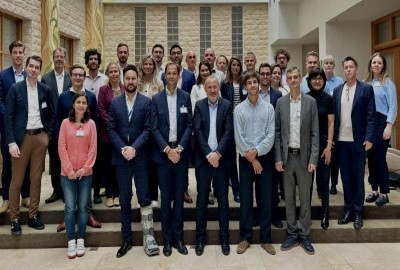Airbus starts hydrogen feasibility studies at 9 American airports
Airbus has begun feasibility studies for establishing hydrogen hubs at major North American airports – including Delta’s home base Atlanta's Hartsfield-Jackson – aiming to support the future of low-carbon aviation.
 Getty Images
Getty Images
Airbus is moving forward with its plans to integrate hydrogen-powered airliners into commercial service by 2035. As part of its ZeroE program, the company announced feasibility studies at major North American airports, including Atlanta's Hartsfield-Jackson and Houston George Bush Intercontinental Airport. These studies aim to establish these airports as potential hydrogen hubs, a significant step towards low-carbon aviation, Aviation International News (AIN) reports.
Partners: Delta Air Lines and Plug Power
Karine Guenan, head of ecosystem activities for Airbus’s ZeroE program, highlighted that these proactive studies are a milestone in their pursuit of sustainable aviation. Airbus has partnered with Delta Air Lines and Plug Power for the study at Hartsfield-Jackson, focusing on infrastructure requirements and operational viability. The study is expected to be completed by the end of 2026.
Study multiple topics
In Houston, Airbus and the Center for Houston’s Future have signed a memorandum of understanding to explore hydrogen hub possibilities at George Bush Intercontinental Airport. According to AIN, This study will address multiple topics such as hydrogen supply, infrastructure development, and potential uses for hydrogen at airports, including ground support equipment and facility heating.
In Canada, Airbus has teamed up with the country’s busiest airports and ZeroAvia for a comprehensive feasibility study, marking the first formal partnership with another hydrogen propulsion system manufacturer. These initiatives are part of a broader effort to transition to hydrogen-powered aviation, leveraging Canada’s abundant renewable energy resources.


